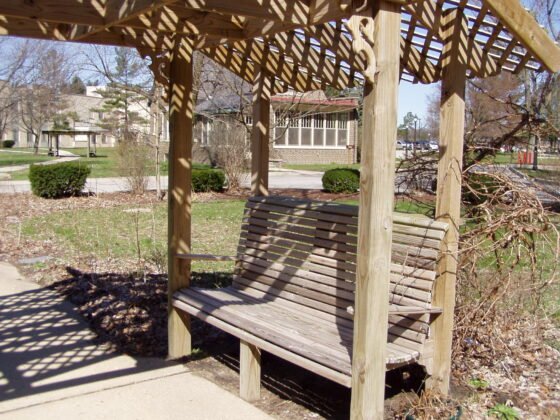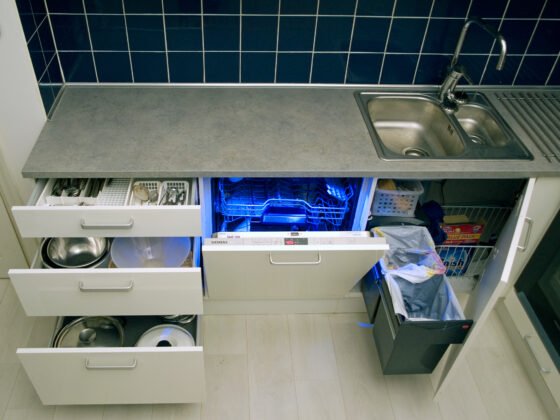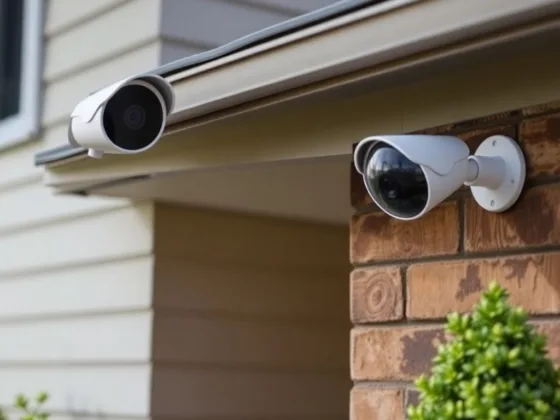Table of Contents Show
Due to increasing infertility and life expectancy, the percentage and number of elderly people are multiplying globally.
It is estimated that in 2050, there will be two billion people above the age of 60 years and 80% of these people will be from developing countries.
Also, by the end of 2030, more than ever people would be at risk of developing non-communicable chronic diseases, bad health, and dependence accompanying senior individuals, resulting in more expensive and burdensome health and long-term care delivery services.

Moreover, the informal traditional care by family members is unable to meet the demand due to busy schedules.
Taking account of these challenges, informal to formal care is given at home Calgary which is an emerging and cost-effective solution for seniors with chronic health conditions.
Also, there is an increasing demand for in-home elderly caregivers.
The well-being and quality of life of seniors with chronic conditions is improved by embracing the benefits of Calgary homecare.
Healthcare professionals play a vital role in providing comprehensive care including companionship, personal care assistance, and long-term care to support aging and independent living in the place for seniors which enables them to receive special care while remaining in the familiarity and comfort of their own home.
Let’s further indulge in points that will help you to understand why home care for senior citizens is important.
1. Personalized Care at Homecare
For effective care management, elderly people with chronic conditions have unique requirements.
Home care providers understand these needs and develop personalized care plans.
These include medication management, dietary needs, and daily routine by working closely with their family members.
To ensure a comprehensive approach to seniors’ well-being, they coordinate with their healthcare professionals.
By doing this, they manage their schedule for routine checkups, therapies, and medications.
2. Fall Prevention Strategies
Certain diseases like heart disease, diabetes, thyroid, and nerve abnormalities including different types of dementia can affect the body’s balance and lead to a fall.
Moreover, the rushed movement to the bathroom in case of vomiting and passing stools, sarcopenia (loss of muscle mass in old age), low blood pressure, and side effects of certain medications like dizziness can also increase the chance of falling.
In such conditions, home care service providers can help them by
- Planning a physical exercise strategy to keep joints, tendons, and ligaments flexible.
- Mild exercises such as walking and climbing stairs.
- Improving muscle movements by making them try muscle-strengthening techniques like Yoga and Tai chi.
- Making home safety assessments.
- Using assistive devices (assistive canes and wheelchairs).
3. Early Detection of Diseases & Preventive Services
Regular screening and checkups such as monitoring blood pressure, heart rate, blood glucose levels, and breast examination at home can protect elderly people with a lot of serious ailments.
Meanwhile, early diagnosis can help to get preventive measures timely and accurately.
Regular laboratory tests, prevention of bed ulcers, and proper wound care due to injury are also basic home care practices.
4. Counseling & Psychosocial Support
Social support is one of the most critical factors in disease awareness and prevention as it helps to increase adherence to a particular disease and also improves the quality of life.
Moreover, it assists in emotional adjustment, less stress, and acceptance of a disease.
All these practices in the home help alleviate the feelings of isolation, depression, and loneliness in ill elders.
Moreover, if your family member has no one to hang out with, the caregiver provides them companionship. Reading books and healthy discussions can reduce loneliness and improve the quality of life.
5. Transitional Home Health Care
Supporting patients when moving from one phase of treatment to another, like from hospital to home is transitional home health care.
It provides patients as well as their families practical, medical, and emotional support to facilitate a smooth and effective recovery process.
A qualified translational care plan assures a hospital they need to discharge the person.
The Nursing services and Home Health Care discuss all the measures your loved one needs for care at home.
Once they find out your needs, they create a personalized transition home health plan.
Once the service is available, the seniors will receive the proper compassion, support, and services they deserve.
It is found that the likelihood of the patients going back to hospitals is half receiving transitional home health care than those who are not familiar with such services.
6. Link Seniors with Community Services
Caregivers act as bridges between elderly people with community services including supported housing options, volunteer-based services, and social services.
This helps enhance the overall well-being of a person. The reason is to ensure the seniors have access to comprehensive support networks along with regular needs.
7. Home Care Is Cost-Effective
Home care not only provides specialized care but also proves to be a cost-effective option as compared to other care solutions such as nursing homes and assisted living facilities. A few of the benefits are
- Prevent unnecessary hospitalizations and emergency room visits thereby minimizing healthcare costs and less costly medical interventions.
- Allows aged people to receive necessary assistance and support in the comfort of their own homes reducing the financial burden associated with nursing homes.
- Are flexible enough to allow the families to choose the duration and frequency of care plan according to their budget and requirements.
- Reduces the need for expensive medical interventions by regular assessment of health, medical management, and lifestyle changes to maintain optimal health.
Final Thoughts
With the prevalence of non-communicable chronic diseases in the aging population, there is a sheer need for healthcare at home.
It should be implemented as a worldwide cost-effective strategy for patient satisfaction, fewer burdens on hospitals as well as low rates of hospital infections.
It is an integral component of primary health care services providing acceptable quality care to seniors with chronic diseases.
Moreover, this system allows seniors to stay in the comfort of their own homes, have independence, and have better family interaction.
To wrap up, home care is not just a practical approach but is a compassionate one.
By championing home care, we can improve the lives of our seniors and honor their invaluable contributions to society.













